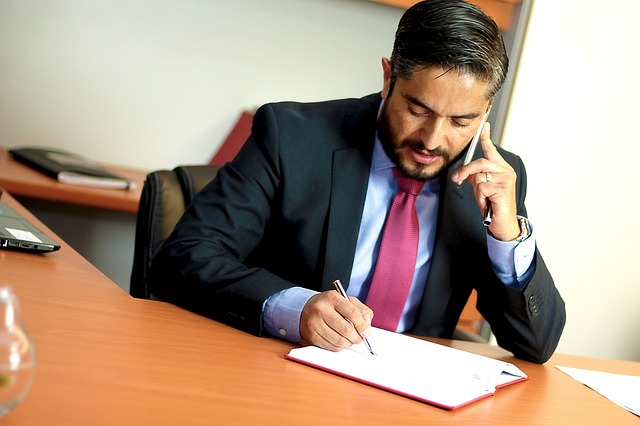The death of a loved one can be hard on you and your family. As you grieve, you will also need to deal with the practical matters of the departed person’s estate. This is especially important if they accumulated a vast range of assets. You will need to hire a probate attorney if there are issues and complications regarding the will or assets of the deceased. Jacksonville probate attorney Judy Ann Smith has extensive expertise and experience in dealing with such matters. Before you contact her or any other legal professional, there are things that you will need to do.
The Steps to Take Before Hiring a Probate Attorney
The best way to save time in your efforts to settle the estate of a loved one who has recently died is to do the following:
1. Deal with the issues at the funeral home
Most funeral homes will not provide any services without payment. If your loved one had insurance that covers their funeral, you should ensure that the insurer pays the vendor. Some funeral homes are willing to make long-term payment arrangements with individuals who cannot come up with the money straight away.
You must also ensure that you obtain a copy of the death certificate. Indeed, you should order at least 10 copies if your loved one had a large estate. To take over the management of their accounts and get access to funds, you will need to show a death certificate to various companies and agencies.
2. Getting the right will
There will be no reading of the will. That is something that happens only in films and television shows. In most instances, the will is entrusted to an attorney. It will name an executor or personal representative who is the person responsible for carrying out its instructions. The original will is the only one that counts. It must be signed by the person who made it, signed also by two witnesses, and notarized by a proper authority.
If you are named the personal representative, your first order of business should be to protect the original will. A family member who has been disinherited or left out of the will may want to destroy it. You may need to file the original will at the clerk of court for safekeeping.

3. Collect important information
Even if the will spells out clearly who is to get what, you may run into problems. The trouble can come from family members who did not get what they think they deserve. It can also come from the state of your loved one’s finances at the time of their death. The latter can complicate things, as it may make it difficult to take control of property and access funds.
You should collect all your loved one’s papers. You should also access safe deposit boxes, fireproof boxes, and desks drawers. You should even go through boxes they kept in the attic and basement. You want to gather bank statements, tax statements, tax returns, investment and holdings statements—in short, everything related to revenue and debt. It is important to have a full understanding of their estate, which can only be done by reading through all documents related to it.
You should also speak to their CPA and personal attorney. As the personal representative, you will have the right to know the status of the estate, including assets that were kept hidden. If your loved one continues to receive statements in the mail, you should look through them.
Only after you have taken these basic steps will you be ready to bring in a probate attorney. The latter will be in a much better position to help you.



